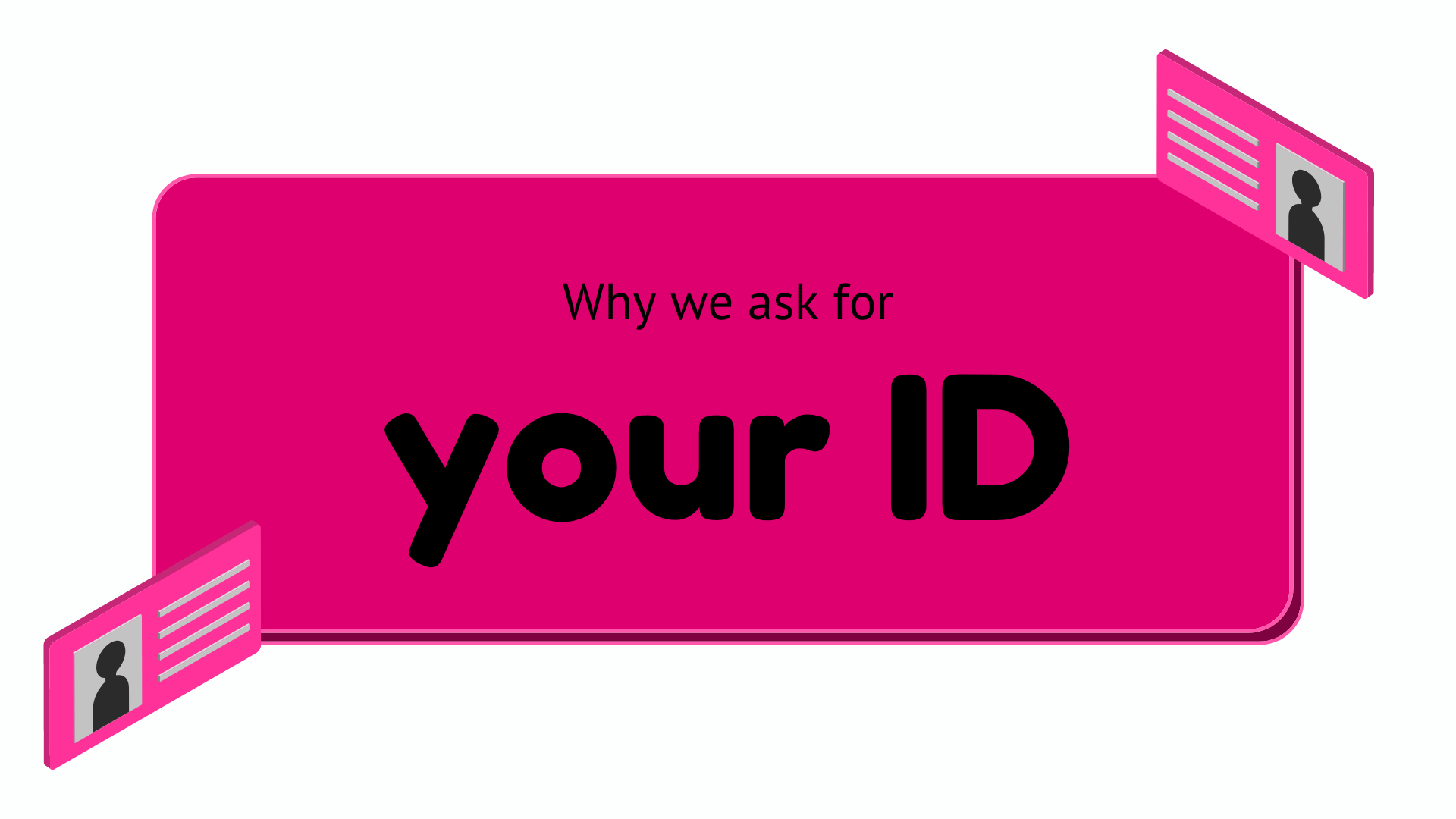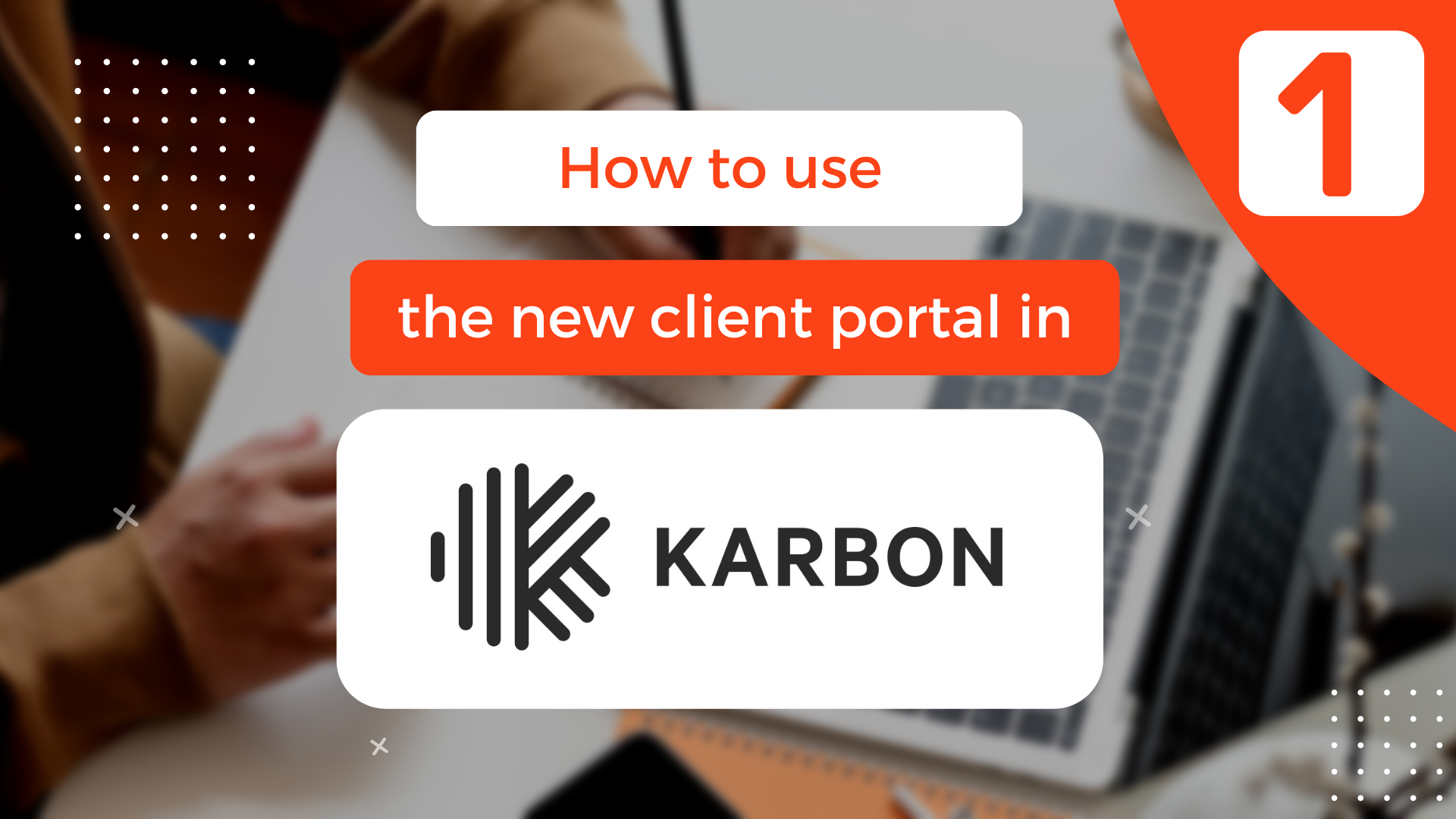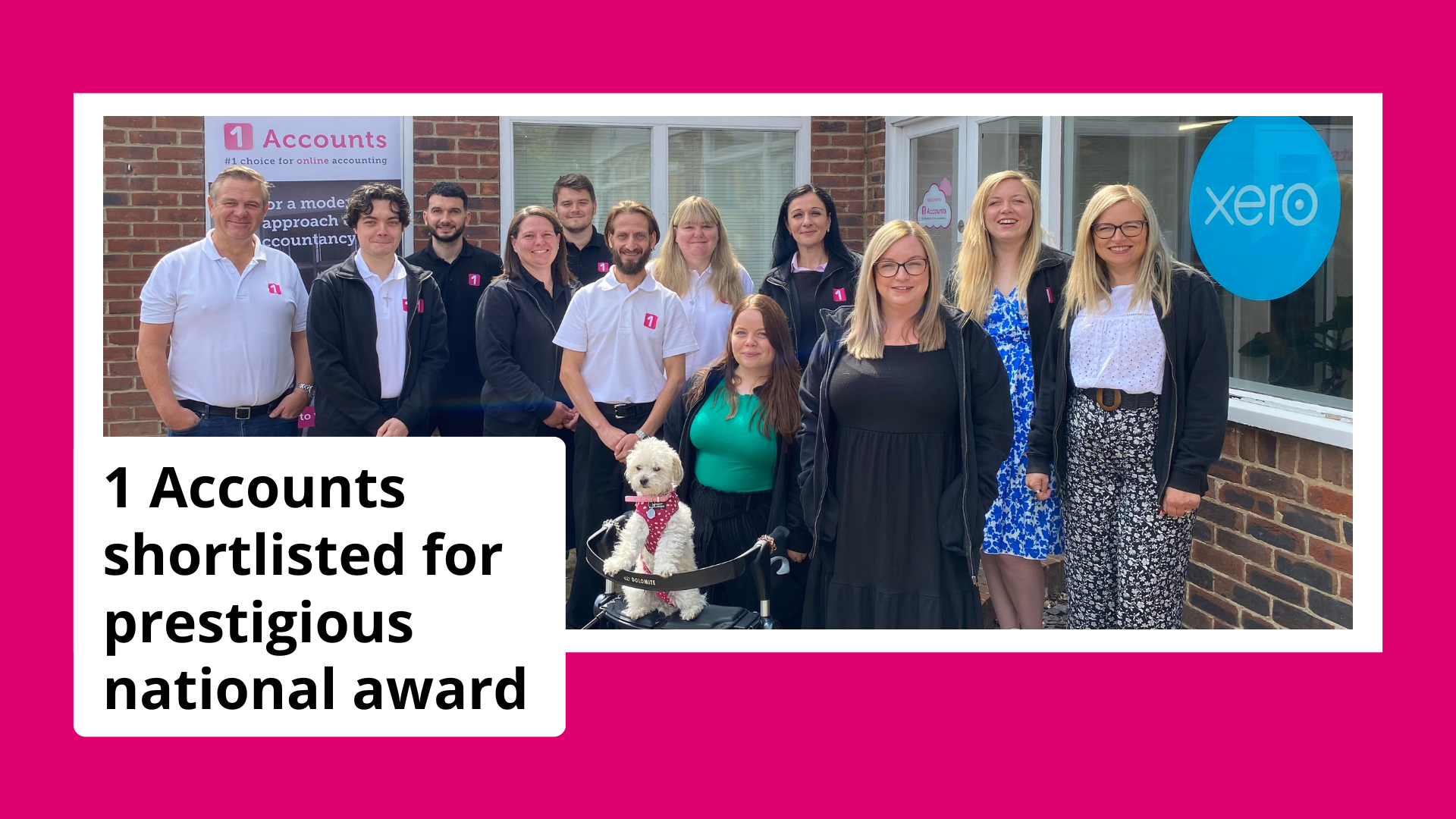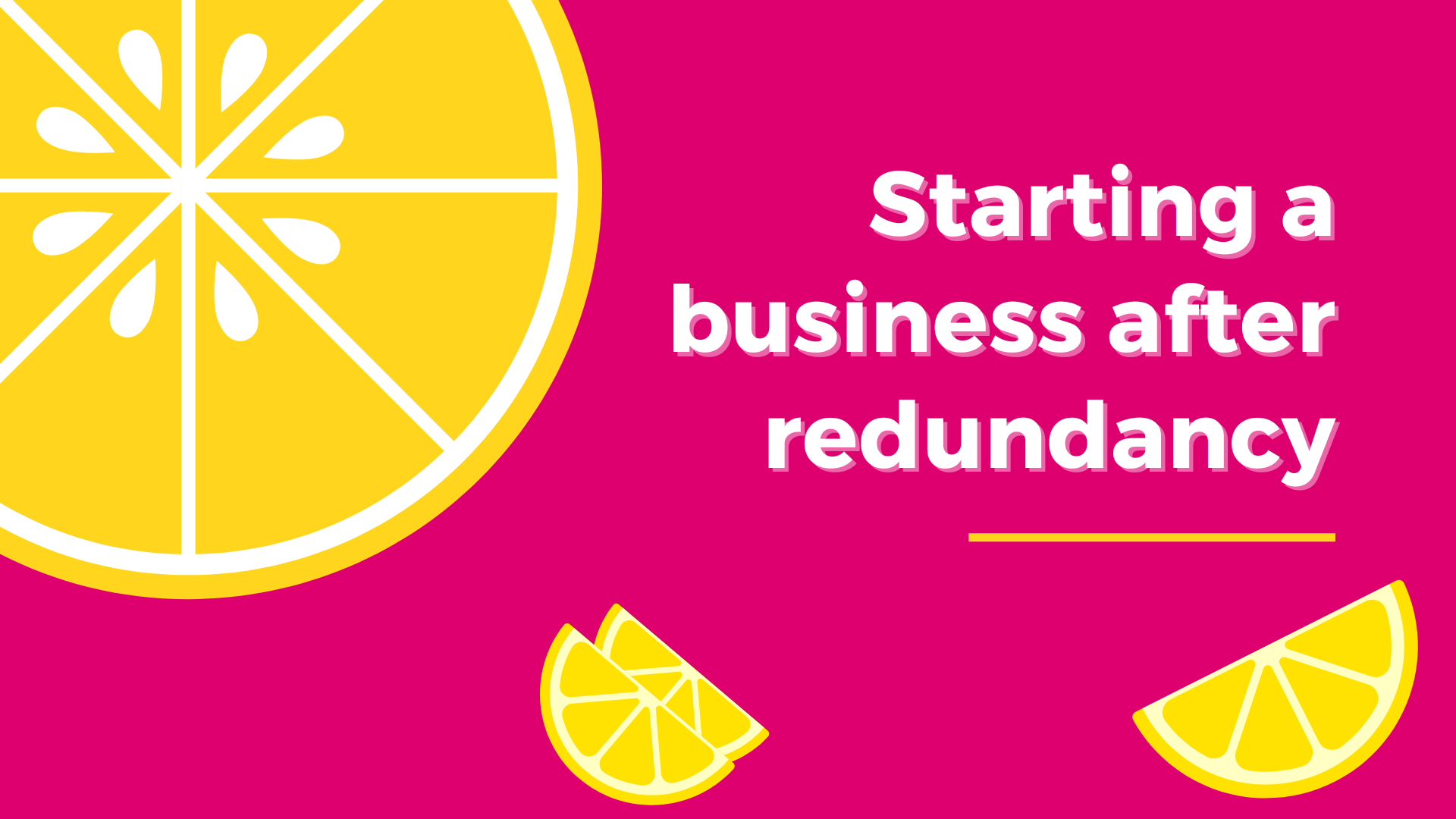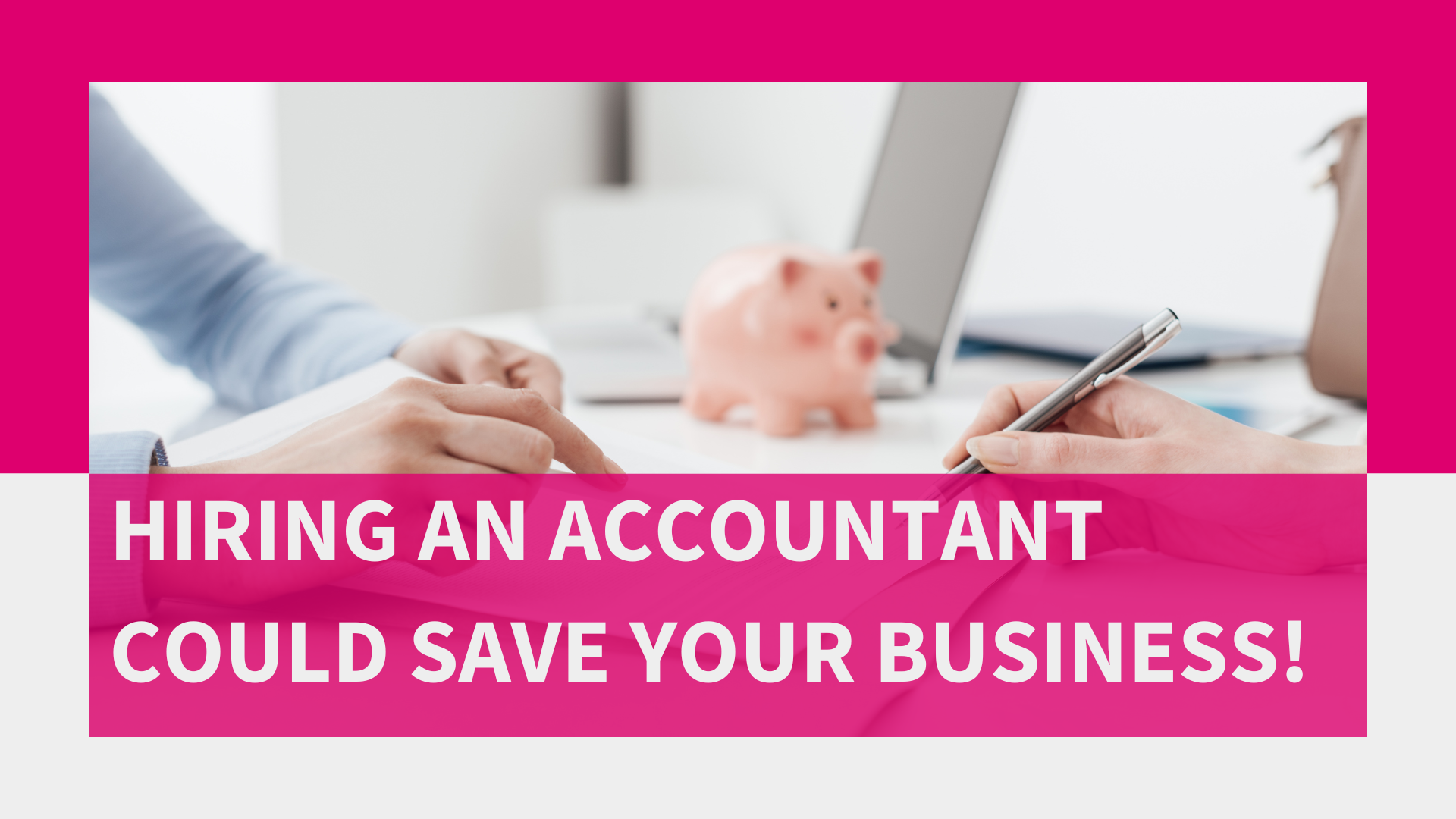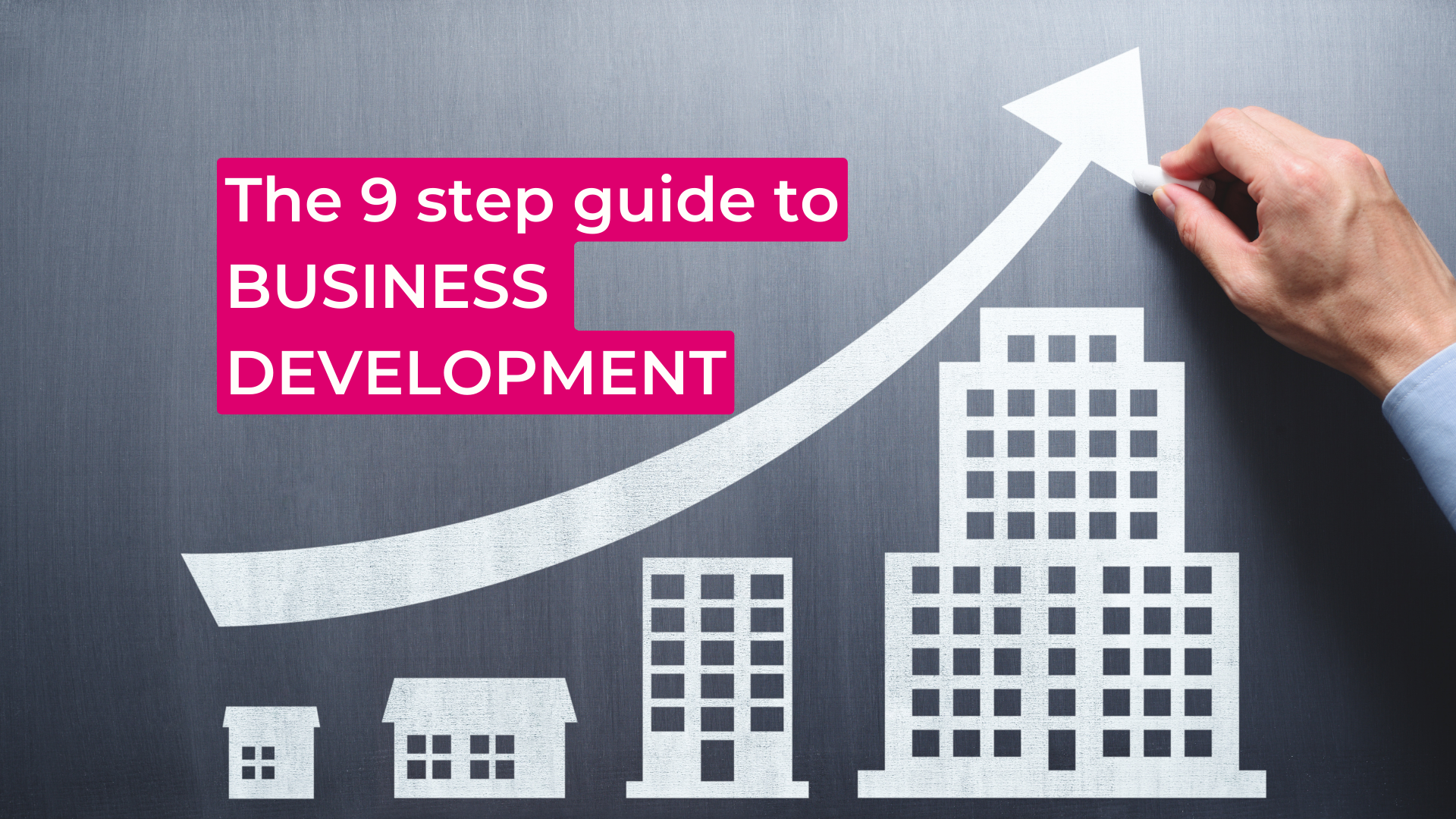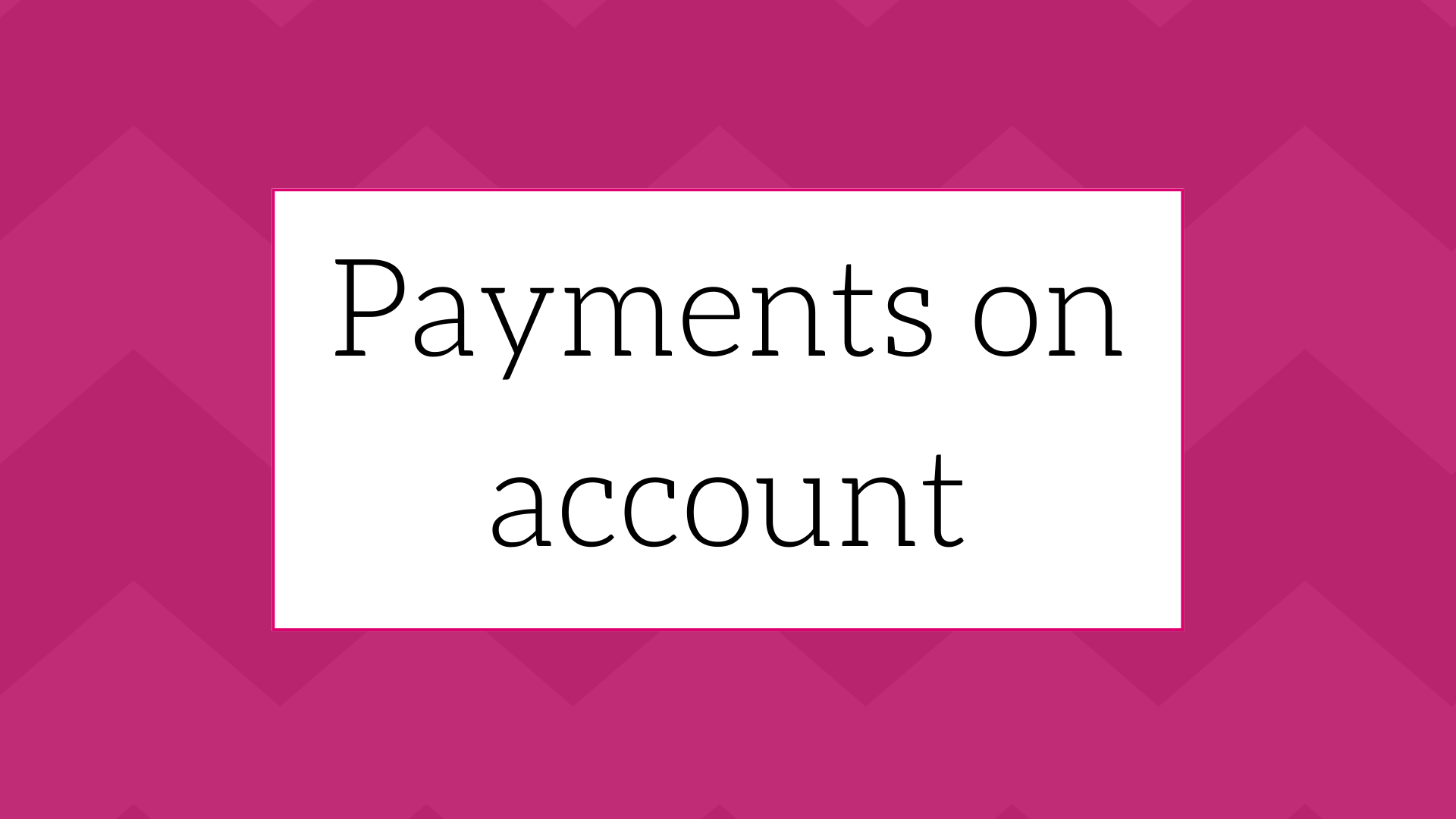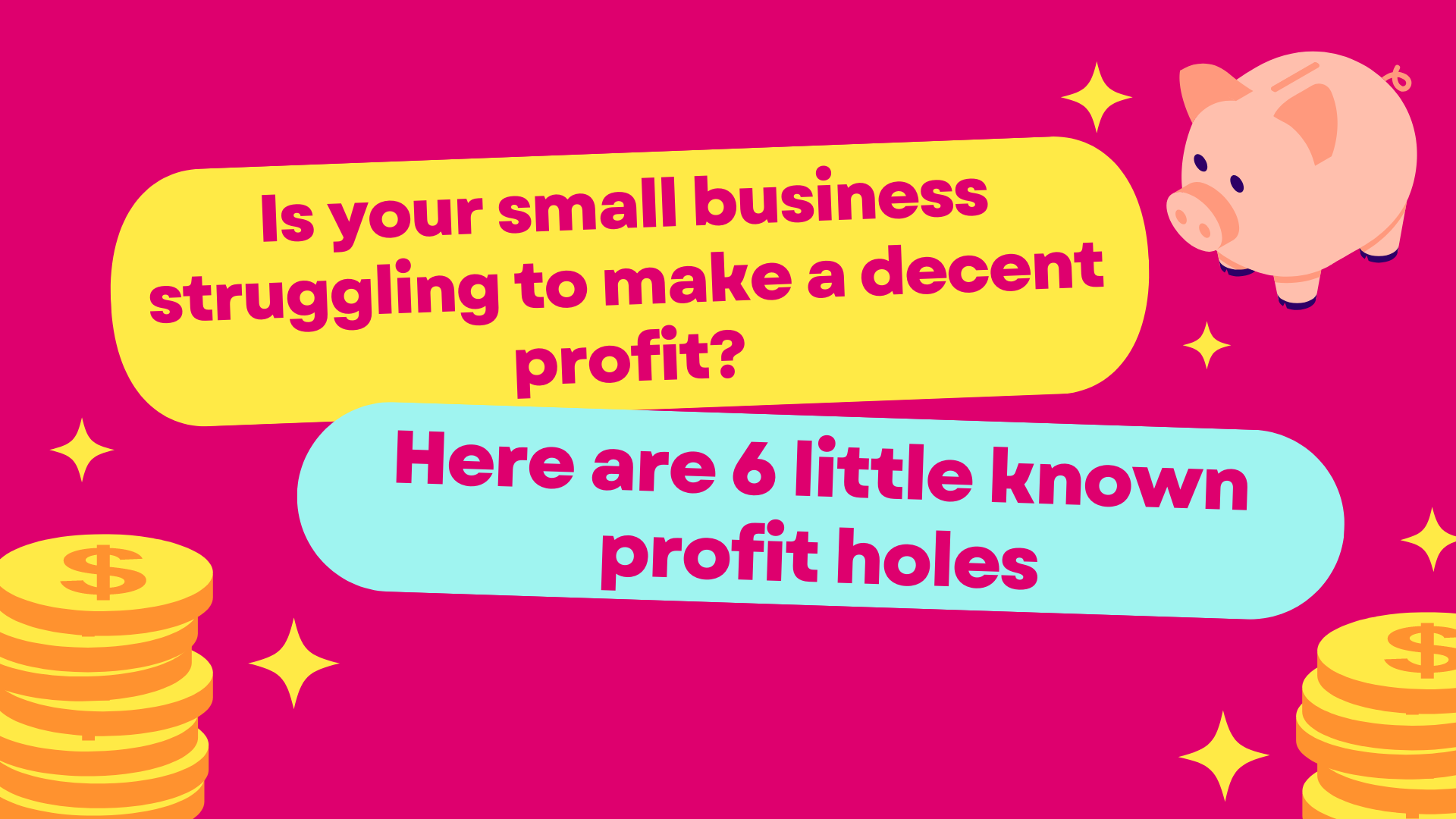As part of our onboarding process we ask all of our clients for two pieces of ID. You might be wondering why we need this and what we do with it afterwards? We explain it all here.
Why we need your ID
As we are a regulated accountant, we are required by our regulatory body (AAT) to hold two pieces of identification for all clients for whom we act. This is so that we can complete anti money laundering checks on all of our clients and ensure that all of our clients are who they say they are.
What ID do we need
We need two pieces of ID from you:
- Photo ID – such as driving licence or passport
- Proof of Address – Such as bank statements, credit card bills, council tax bills, utility bills or driving licence.
All ID must be in date and display your current name.
Note – you can use your driving licence for either piece of ID, but not both. If you are giving us your driving licence please also submit an additional piece of ID so that we can still have two pieces of ID for you.
How do we use your ID
We request your ID using our Karbon client portal. This is the most secure way of getting your ID to us and is preferred to email which is not as safe.
Once in our possession, we upload it to our secure cloud storage system, Sharepoint. It is never saved onto individual computers.
We will use your ID to confirm your identity during our anti-money laundering checks. If we have not met you face to face we may arrange a zoom call with you to make sure you are the same person as in your ID.
All of our systems are GDPR compliant.
When we’ll need you to update your ID
If you have changed your name for any reason, we will need an updated copy of your photo ID and proof of address with your new name. If you haven’t arranged for updated ID yet we can accept your marriage certificate or deadpoll document until you can obtain your updated ID.
If you move address, we will need updated Proof of Address ID. We understand that these can take a while to come through but if you can get them to us as soon as you have something, in these cases often bills are the first thing to come through, then we can get started on updating our systems.
We will check your ID once a year when we update your anti-money laundering check. If we find your ID to be out of date we will simply request that you send us an updated copy as soon as possible.
